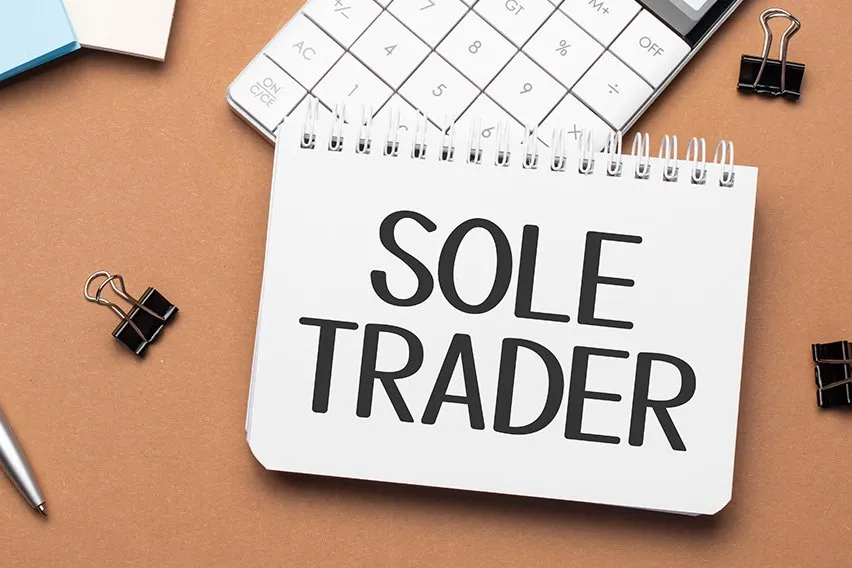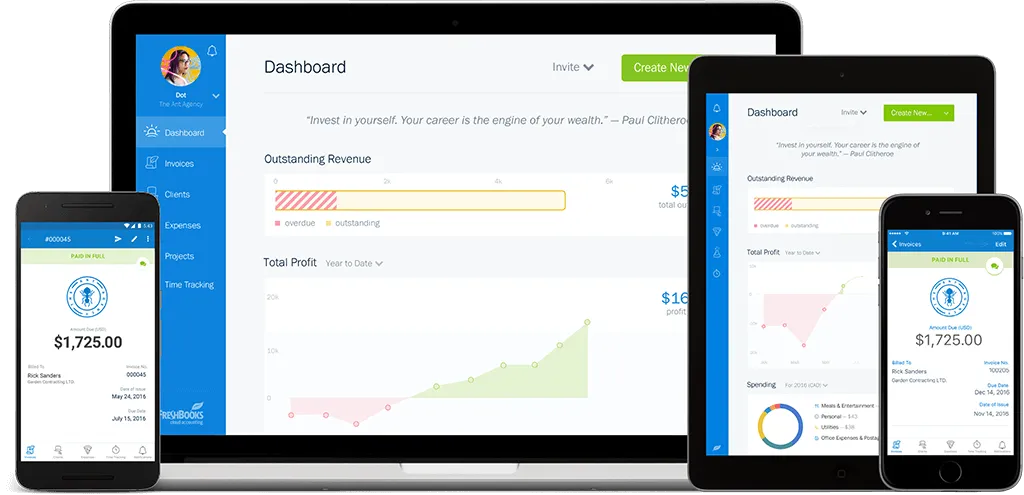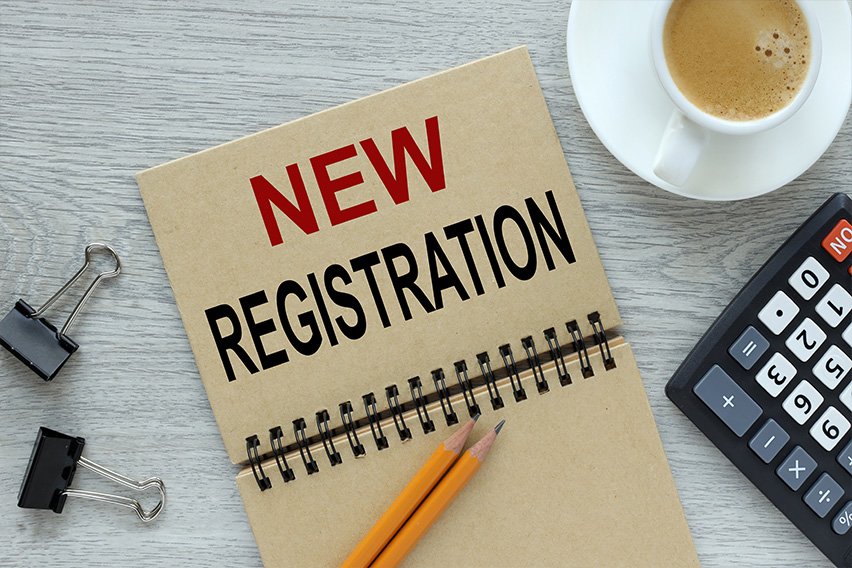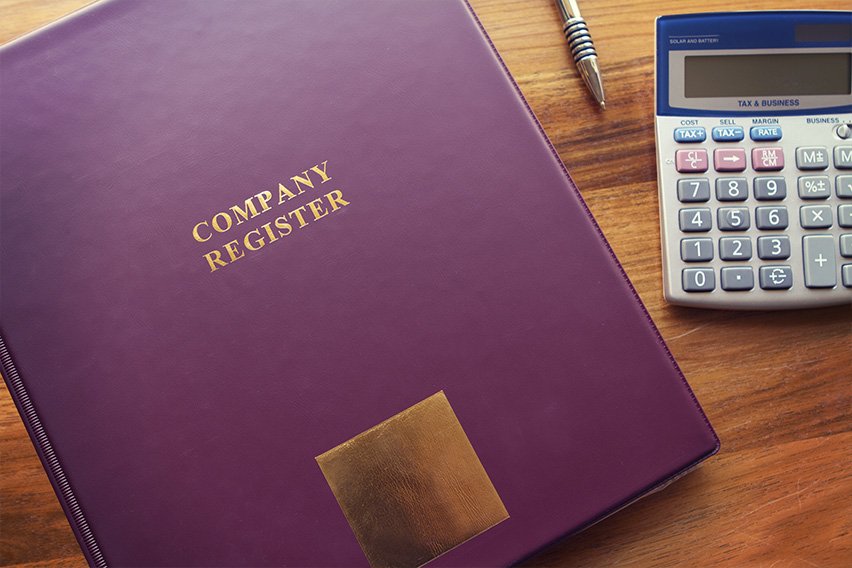What is a Sole Trader: Meaning, Role, and Pros & Cons

In the UK, there are different business structures to suit different kinds of businesses, like sole traders, partnerships, and limited companies. Each has its own advantages and disadvantages for personal and professional gains. Most people starting their first small business as a single operator find sole trade is the right fit for them.
It may be useful to think of the ‘sole’ element as referring to the single identity of the business and the individual. The two are bound together by definition. The business isn’t a separate legal entity.
In this article, we will discuss sole trader meaning, sole trader definition, what is a sole trader business, tax requirements, and the pros and cons of operating as a sole trader.
Key Takeaways
- A sole trader is anyone who earns over £1000 from self-employed work in a tax year.
- A sole trader is personally responsible for debts and liabilities.
- Freelancers, self-employed tradespeople, and people who run online businesses qualify as sole traders.
- The first steps to running your own business include choosing your business structure and registering your business name.
- Sole traders have specific tax obligations, including ITSA and VAT registration if applicable.
- A sole trader must keep accurate books, including but not limited to: expenses, sales, travel logs, and employee records.
Here’s What We’ll Cover:
Pros and Cons of Being a Sole Trader
What Is an Example of a Sole Trader?
Is a Self-employed Person a Sole Trader?
Responsibilities of a Sole Trader
Can a Sole Trader in the UK Have Employees?
What is a Sole Trader?
You need to define yourself as a sole trader and register with HM Revenue and Customs (HMRC) when you earn over £1,000 from your self-employed work in a tax year, ensuring you keep accurate records of your self-employed expenses for tax purposes. This means that you can also make Class 2 NIC payments, which most sole traders pay voluntarily to make sure they maintain their access to benefits.
Some people want to have proof of their self-employment. For example, if they need to claim tax-free childcare or are getting their finances in order to apply for a mortgage.
A sole trader structure is the simplest business structure to operate. You don’t have to register with Companies House. There are no shareholders, directors, or partners to handle. You control the operation and direction of your business yourself. Of course, there are regulations to follow and liabilities to meet.

Pros and Cons of Being a Sole Trader
One of the common mistakes a person can make in setting up their own business is choosing the wrong business structure. Your structure can impact your income tax and taxable business profits. There are pros and cons to selecting a sole trader over a limited company or other business structures.
Pros
- You are in control of the decisions.
- You are the sole owner and receive 100% of the profits.
- Your set-up costs are low.
- The administration costs are low.
- Your details are private compared to a limited company or other business structures.
Cons
- Sole traders have unlimited liability. They are personally responsible for debt and litigious issues the business incurs.
- Compared to limited companies, it can be tax-inefficient when your earnings go over a certain threshold.
- You have greater borrowing power as an incorporated business.
If you are just starting out as a small business owner, a sole trader is often a good choice. You are personally responsible for the business dealings like income tax, accounts, and employees. Having good tax and accounting software like FreshBooks can simplify the process so you can get on with what matters most to you.

What is an Example of a Sole Trader?
Some people think a sole trader is limited to those with traditional trades, like plumbers, electricians, decorators, and builders. Most of us have experience in at least one sole trader business in this capacity.
But that’s not all.
Freelancers of all kinds would also be classed as sole traders—like graphic designers, writers, and search engine optimisation (SEO) experts, to name but a few.
Other services are often run by a sole trader business. This would include tutors, hairdressers, mechanics, and interior designers. Anyone who is using their skills and knowledge to provide a service is usually a sole trader.
If you run an online business, you also belong on this list. And that’s an even broader spectrum, with everything from selling handmade jewellery to online consultancy.
Is a Self-employed Person a Sole Trader?
The terms self-employed and sole trader have slightly different definitions, but they usually go together and are often used interchangeably.
Sole trader is the structure you’re using for your business: Self-employed defines how you pay tax.
People who are self-employed use the self-assessment system to pay their income tax and National Insurance contributions (NICs) and can be a limited company or partnership.
Responsibilities of a Sole Trader
As with any business structure, sole traders have a set of legal responsibilities that each come with their own specific set of regulations.
Pick a Name
While you don’t need to register your business name with Companies House, you do have to adhere to the naming legislation.
It can be your name or a separate name. It must be the name on all your paperwork—like invoices.
Sole traders cannot include ‘Limited,’ ‘Ltd,’ ‘limited liability partnership,’ ‘LLP,’ ‘public limited company,’ or ‘plc’ in their name. These are all legal terms that describe other specific business structures.
You can’t have the same business name as an existing trademark. You also can’t include any offensive words in your name. There is also a list of sensitive words and expressions you cannot use unless you get the necessary permissions from professional organisations or Companies House.
Register With HMRC
If you’re self-employed, you need to register to pay your income tax through the self-assessment system. Sole traders must tell HMRC by registering for self-assessment. This means you send an annual self-assessment tax return, enabling you to declare your earnings and expenditure and work out the tax on your profits. You can also pay your Class 2 National Insurance contributions through your tax return.
Deadline warning: You must register for self-assessment by 5 October in the second tax year of your business’s life. A UK tax year runs 1 year from 6 April to 5 April the following year. Learn how to register for self-assessment ahead.
How Do I Register for Self-Assessment?
If this is the first time you’ve registered for a self-assessment tax return, there is an extra step for you to complete. It’s important to be aware of this from the start, as you’ll need to allow a bit more time before you can submit your self-assessment tax return.
The vast majority of UK self-employed taxpayers use HMRC’s online service. It’s a step-by-step process that ends with another waiting period. For added security, HMRC sends an activation code for your new self-assessment account, which takes about 10 days to arrive. You won’t be able to use your account until you input the code, but you only need to do this the first time.
When you are operating as a sole trader, you need to keep a careful eye on HMRC deadlines: There are always fines for late filing and late payment of tax bills. If you’re recently self-employed and are used to the pay-as-you-earn (PAYE) system of paying tax, this can take a bit of getting used to.
As a sole trader, you might be wise to get professional help with your tax situation just to make sure you’re not making any mistakes. HMRC has penalties for that as well.
Keep Accurate Records
FreshBooks takes the usual headache out of running a small business for you. We put all your business records and the necessary evidence that HMRC requires in order.
Additionally, PAYE records if you become an employer and value-added tax (VAT) records if you become VAT registered.
With FreshBooks MTD-compliant software, you input the information, and the software sorts it, generates reports, and has everything ready for tax time.
For your business, the record-keeping and financial analysis are taken care of. FreshBooks wants you to work for your clients, not waste time sorting out your business paperwork, sign up today!

Can a Sole Trader in the UK Have Employees?
Yes, sole traders can have employees—it doesn’t mean that you have to work alone. If you decide to hire employees, there are a few things you have to do straight away.
Potential Employees
Your employees must have the legal right to work in the UK, and it’s up to you to check this.
You must also get a Disclosure and Barring Service (DBS) check if it’s a legal requirement. There are different rules depending on which UK country you’re in, and there are different levels of check you can request.
If you do criminal record checks on your applicants, you must have a policy on the recruitment of ex-offenders. Don’t panic, this is a requirement, but a sample policy is available from the DBS website. Checks on criminal history are usually only needed in certain industries, like security and the care of children or young people.
Your Responsibilities As an Employer
- Arrange employers’ liability insurance.
- Decide on a salary for your employees. This must be at least the National Minimum Wage. The amount is different for different types of jobs and different age groups. You’ll need to be completely clear about this, as it’s a criminal offence to pay less.
- Figure out if you need to set up a workplace pension scheme for your employees. This usually kicks in from when they’re earning £10,000 a year.
- Create a written ‘statement of employment particulars,’ which are essential for anyone you’re taking on for more than one month.
- Write your contract containing the job’s terms and conditions. This is a separate document from the statement of employment particulars.
Register as an employer with HMRC. You’ve got up to 4 weeks before you pay your new staff to get this done.
Conclusion
With any business, knowledge is a key component to success. When you understand why you choose a structure, the role it plays in your finances and taxes, and the various pros and cons, you are one step closer to achieving your business goals. Now that you have more information in your knowledge base, you can take the next step to start your sole-trader business. With FreshBooks accounting software, you have the information, tools, and support you need to accomplish your sole trader business goals.
FAQs on What is a Sole Trader
Do I need a separate bank account as a sole trader?
While it’s not a legal requirement to open a separate bank account, it is a good idea. Keeping your personal and business spending in order is more difficult when you are working from one account. As well, you may not want to give your personal banking details out to customers.
Can I still claim expenses as a sole trader?
Yes. Items like office supplies, equipment, travel and vehicle expenses, work-related clothing, staff expenses, legal and financial costs, marketing, subscriptions, and training courses count as business expenses and may be claimed. You cannot deduct personal assets.
Can I work as a sole trader while still employed by someone else?
Yes, you can be employed by another business and be a sole trader. There is no limit to how many jobs you can have. You do need to declare the income from each job.
Can I have multiple businesses as a sole trader?
Yes, you can have multiple businesses. There is no limit to the number of businesses you can run. You do have to file tax returns for each of them, with some exceptions.
What are the common mistakes to avoid as a sole trader?
Accounting errors like incorrect entries, not registering for taxes, choosing the wrong business structure, failing to do your due diligence and market research, and not making a business plan are all common mistakes a new business can make.
About the author
Levon Kokhlikyan is a Finance Manager and accountant with 18 years of experience in managerial accounting and consolidations. He has a proven track record of success in cost accounting, analyzing financial data, and implementing effective processes. He holds an ACCA accreditation and a bachelor’s degree in social science from Yerevan State University.
RELATED ARTICLES


 How to Register a Business Name in the UK
How to Register a Business Name in the UK UK Small Business Grants: What are They and How Do I Apply?
UK Small Business Grants: What are They and How Do I Apply? How Do I Register a Limited Company in the UK?
How Do I Register a Limited Company in the UK?